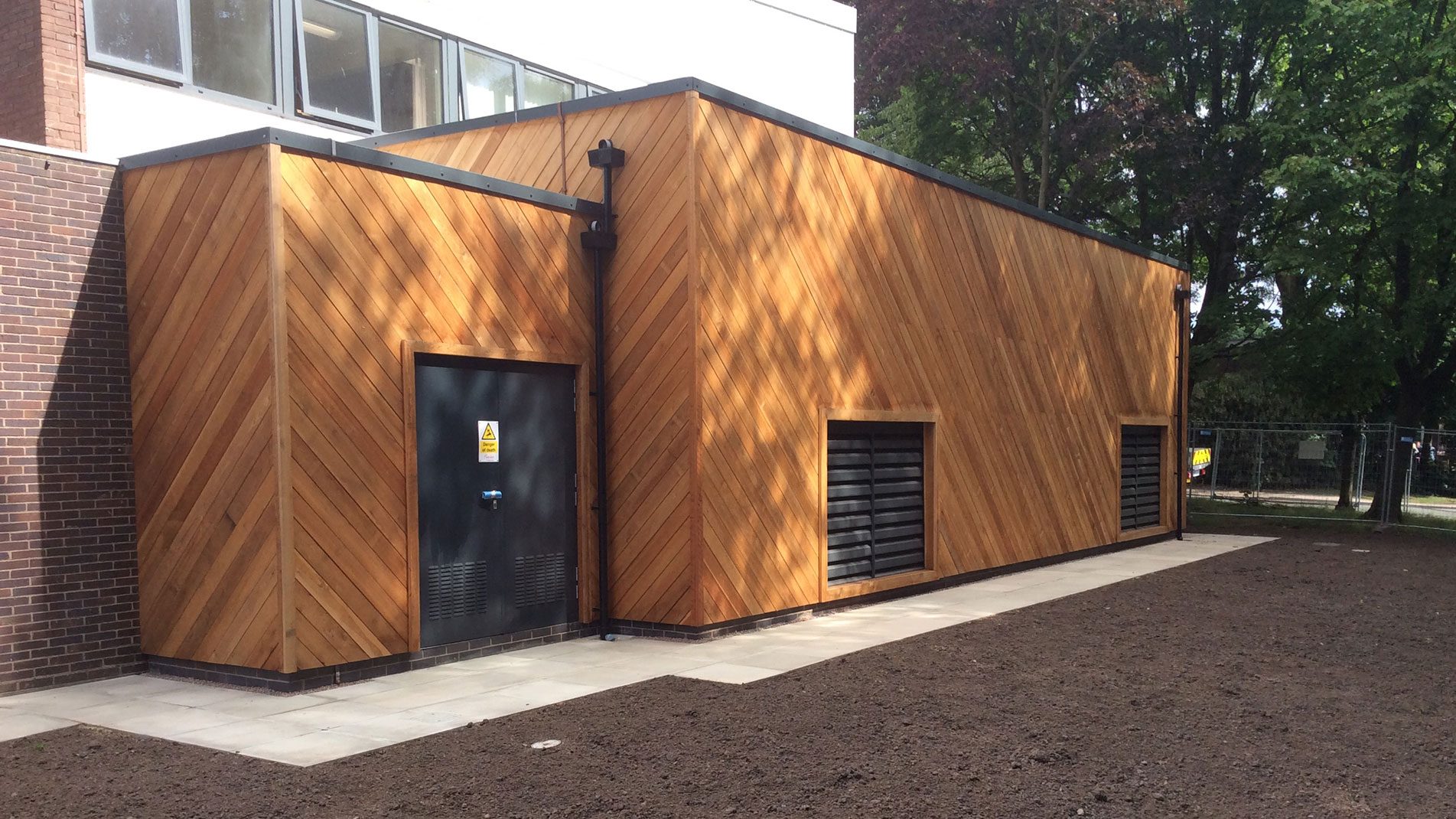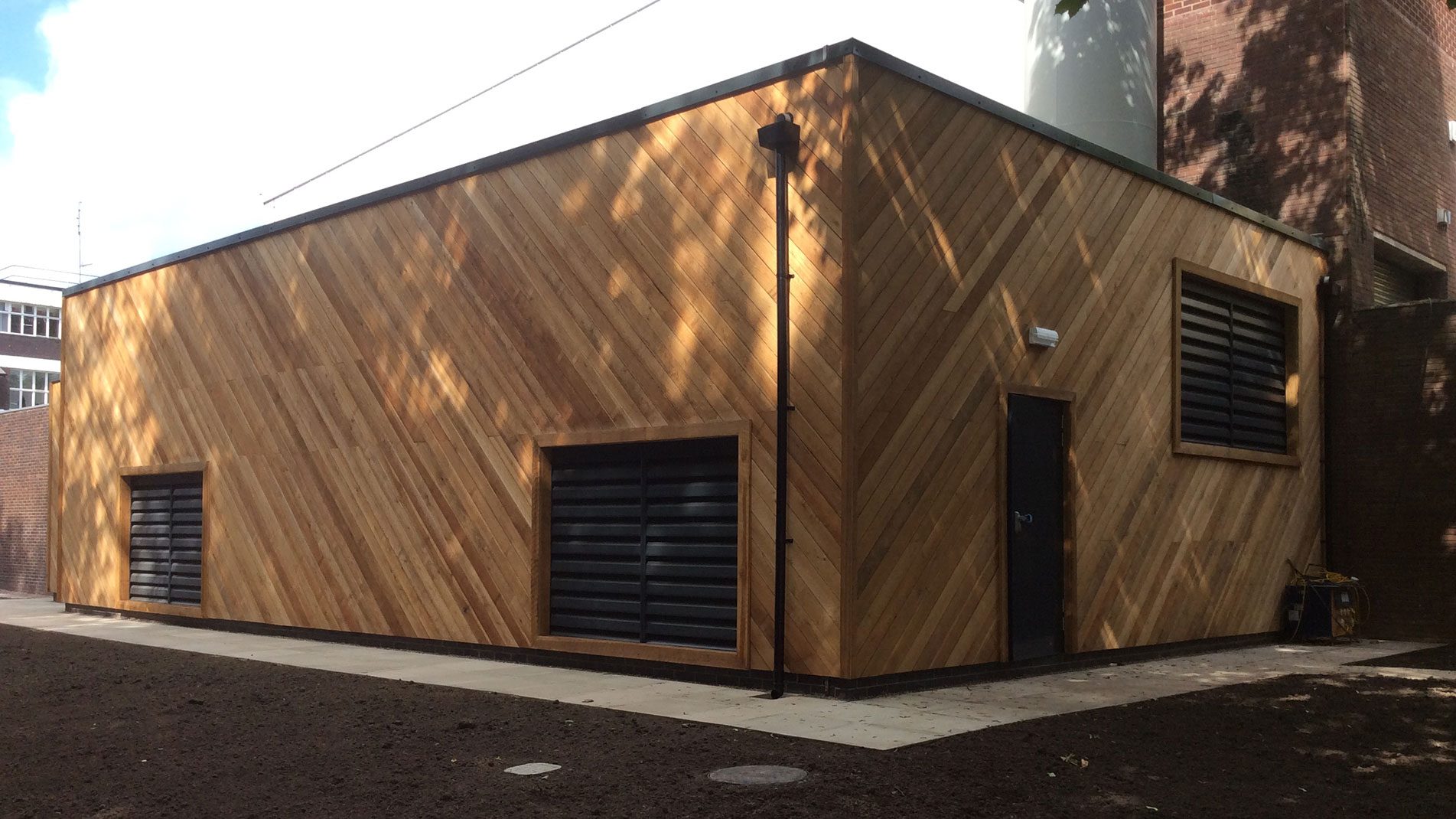Horwood Energy Centre
Energy and InfrastructureThe Challenge
As part of a larger scheme for Keele University, this project was based on a requirement to replace a heat network and energy centre. With the overall programme put under pressure, due to an initial proposal not proceeding, the increased cost of delivering a solution meant that budget control was of paramount importance throughout.
The project was let under the NEC3 (Option A) contract with the works’ information based on a performance-based specification, allowing the tendering contractors to propose cost effective and buildable solutions for a function-led utility project. Although this meant that the contractor’s expertise provided workable and best value proposals, it also created the challenge of assessing the tender returns and differing contractors’ proposals on a fair and reasonable level-playing field. At the same time, the university’s key requirements, including site risks and constraints, needed to be addressed and adhered to.
Key Considerations
- As a green university, vacuum excavation needed to be carried out around protecting trees, including a specific oak tree memorial. The site development also required the addition of cherry trees to complement their National Collection.
- The hydraulic separation of connection to an aged heating system.
- The maintenance of pedestrian access to all buildings, including the chapel which also required disabled access.
- The avoidance of noise interference, specifically at revision and exam times for students.
- The service of the heating system for the new Central Science Laboratories and the critical provision of a district heating network (DHN) at a predetermined and immovable date.
- Careful removal of asbestos materials. This was identified and removed, having been left from the previous demolition of World War 2 Nissen troop huts.
- The management of service disruption to critical laboratory systems, planning and communications.
The Experience
Working with the contractor, the university’s technical representatives and the stakeholders, we ensured that the tenders were equally assessed, and the most economically advantageous tender was recommended.
During the contract period, we ensured that the interim payments made to the contractor were accurately valued to maintain a sustainable cashflow, while protecting the university against payment in excess of the value of the works on site. This included payments for design works and statutory fees, where it was important to ensure the third party had received payment from the contractor before we included payment from the university to the contractor.
In instances where the university required a variation to the contract, for example the addition of ductwork for future services into the existing pipe trench, we ensured that the value of the variation was in line with the contract valuation rules and represented value for money. To address a number of the university’s ‘key considerations’ required for this project, we introduced a weekly “drop-in” forum in the library. This was an opportunity to keep people informed, provide feedback and maintain interactive communications with stakeholders. The drop-in forum proved to be key in successfully managing these communications.
The Outcome
- Successful provision of the DHN heating service at the predetermined date and within budget
- No upheld complaints of noise disruption from students or lecturers
- We were complimented by the Director of Library Services on the minimised disruption to the 24/7 library building
- Swift conclusion of the Final Account agreement following our completion of the works.
Results
- Keele University now has a functional district heating system on campus.
- The campus site and Central Drive route returned to normal and was also improved in places.
- New resin-bound surfacing means that the campus has benefitted from enhanced aesthetics in a number of areas.
- Important university events (such as graduations, open days and exams) went ahead with minimal, if any, disruption.
- The work did not create a detrimental impact on the university’s reputation or critical business.
- We completed the project with more trees than we started with!

